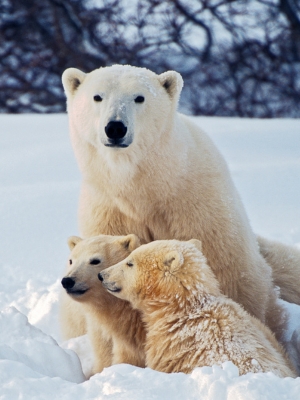With newspapers, radio, and television covering COVID-19 and other bad news across the globe, I seek comfort by attuning to that other, grander, more vastly sane world upon which we have so long encroached. It is what, in my childhood, used to be called “the natural world,” as though there is something “unnatural” about human society.
It’s early spring where I live in southern Ontario. There are juncos in the garden, small songbirds, gray of plumage, with tiny pink beaks. They flash white outer tail feathers as they fly. They are transient, on their way to more northern forests of pines and balsam and birch, rocky outcroppings of Precambrian rock, lichen-encrusted and fringed with ferns. But that’s to come. Now, pert and perfect, I find in them nothing less than a perfection of form and function. They are beautiful. I listen for the first fairy-like clear notes of spring peepers and the rapid drumming on wood by a downy woodpecker telling the world where he is and intends to have a family, as reaffirmation of winter’s end and spring’s eternally verdant promise of life and renewal.
Their world is one without beliefs based on crafted narratives; without lines on maps to be called borders; without judgment. Good is what helps, bad is what hurts, and past and future lack the value that is afforded the present. No one and nothing is deemed better or worse than other ones and things; it simply is, and tends to work as an interactive whole that is the ever-evolving, ever adapting current product of the three billion year history of life on this planet, itself the consequence of unfathomable spans of time unfolding in a realty beyond comprehension.
The chipmunk, fresh from hibernation and perching on the mossy stump of a long dead hemlock, has neither regrets nor hopes, beyond the next moment. Above, against a creamy blue sky, I see the red blossoms of the silver maple, a harbinger of spring sadly invisible to most humans who walk the path I’m on through the forest, but reassuring to me. Above that there are gulls, high and free.
For those of us working in the overlapping fields of animal protection, conservation, and environmentalism, the onslaught of bad, often horrific, news continues unabated, even though most of it is mostly missing from mainstream news. And, there is a paradox: the fact that we in these fields have long experienced daily bad news does not make us used to it, because we care so much; it’s why we are involved in the work! And, whatever toll it may take on our emotional well-being is the added fear, no less than anyone else’s, of the risk the COVID-19 pandemic poses to our very lives, those of our loved ones, and those who depend on us or on whom we depend. No wonder that the term “coping mechanism” has gained prominence and various experts are issuing advice, warnings, comfort, or whatever.
Whatever the cardinal’s song means to another cardinal, to me it expresses unbound cheer. An owl’s soft feather clings to branch of cedar. I am, for the moment, comforted. More cannot and should not be expected. Stay well, everyone. These times will pass.
Keep Wildlife in the Wild,
Barry

 Dear Reader,
Dear Reader,